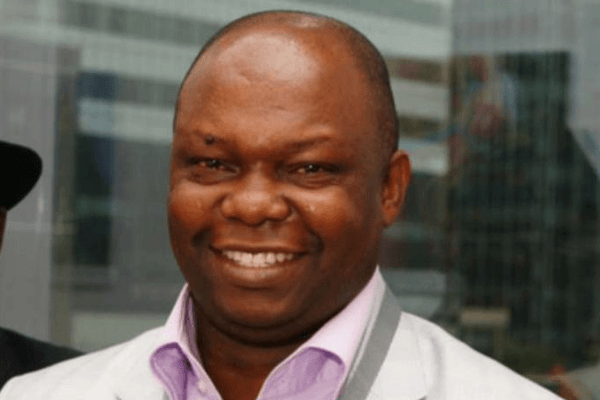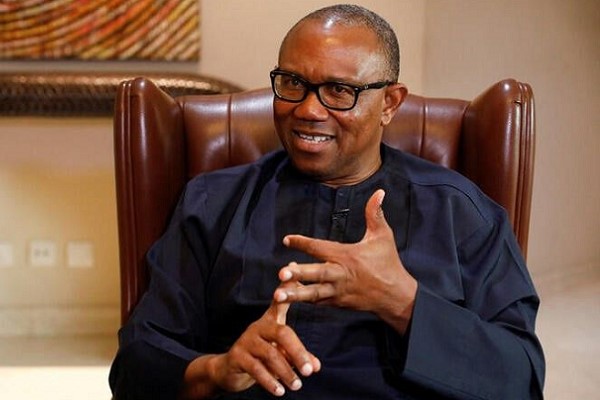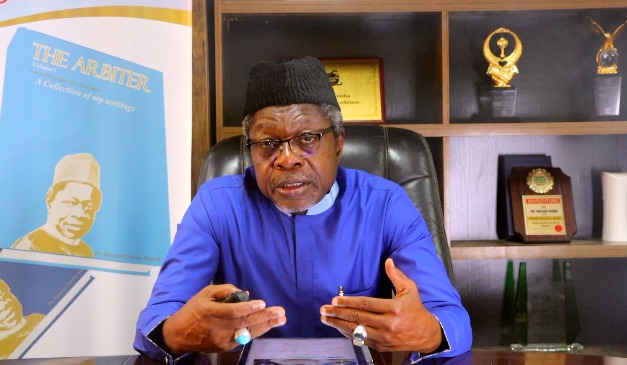-“Mallam Yushau, can you see me at Niger Barrack today?”_ – General Attahiru
I received the above phone message on Sallah Day, Thursday May 13, 2021, from the late General Ibrahim Attahiru, the former Nigerian Chief of Army Staff (COAS) just a week before his death alongside other military officers in a plane crash in Kaduna.
The nation was thrown into mourning over his death even as his immediate past predecessor and Ambassador-Designate, Lt.-Gen. Tukur Buratai (rtd), noted that Attahiru was on the verge of making the nation proud in the national counter-insurgency and counter-terrorism efforts when the tragedy occurred.
Gov Babagana Zulum of Borno State also admitted that the late COAS was evidently committed to the fight against Boko Haram and determined to contribute significantly to ending the insurgency.
Similarly, President Muhammadu Buhari praised Attahiru for his gallantry in the war against insurgency and described him as a military chief who led from the front. Equally, former President Goodluck Jonathan highly commended the late Army Chief and other officers who died in the course of service to the country as patriots who died with their boots on.
On that Sallah Day when I received his invitation, I reached out to the Army spokesperson, Brigadier-General Mohammed Yerima and we both drove to General Attahiru’s residence. There, we were received by his then ADC, the now late Major Lawal Hayat, who ushered us into the lobby, since the COAS was then with the Chief of Intelligence, now late Brig-Gen Abdulrahman Kuliya, and his Chief of Staff, also now late Brig-Gen Mohammed Abdulkadir.
While waiting in the lobby, I recalled my first encounter with Attahiru about eight years ago, precisely on November 29, 2013, when the Office of the National Security Adviser (ONSA) had hosted security spokespersons and top editors of media houses to an interactive forum intended to create and sustain a working relationship between the media and the security sector, towards promoting the national interest.
Attahiru was then the Army spokesperson and Director of Army Public Relations. It was the outcome of that meeting that gave birth to the Forum of Spokespersons of Security and Response Agencies (FOSSRA). During the meeting, he was articulate and demonstrated eloquence, as he emphasised the desirability of information-driven by the media, intelligence gathering inspired by communities, and counterterrorism championed by the military and other security services.
It was after that encounter that we sustained a brotherly relationship and I gradually came into a greater awareness of Attahiru, not only as a very keen professional who understood his brief at each point and always delivered on this to the best of his ability, but equally as a highly humane person with a strong sense of empathy, support and solidarity.
As fate would have it, he had recorded successes in the various offices he held, even if these were just brief stints. He accomplished assigned tasks when he was a Military Commander in the Bakassi Peninsula and the Niger Delta region before becoming General Officer Commanding, 82 Division of the Nigerian Army, Enugu.
While he was Theatre Commander of Operation Lafiya Dole in North-Eastern Nigeria for just six months in 2018, he brought relative stability to the region, with the elimination of several Boko Haram commanders and the surrender of their combatants.
Similarly, his outstanding records are glaring when he was Deputy Chief of Policy and Plans at the Army Headquarters, and later as the Chief of Defence Transformation and Innovation, and the Chief of Defence Logistics at the Defence Headquarters, Abuja.
Apart from acquiring higher levels of education at the Salford, Bournemouth, Nairobi, China and Geneva, Attahiru had served as an Instructor at the Depot Nigerian Army, Nigerian Defence Academy and the Nigerian Army School of Infantry. He later became Chief Instructor at the Armed Forces Command and Staff College, Jaji, Nigeria.
On his appointment as Chief of Army Staff, the late military tactician had exhibited a very national outlook in the deployment of officers, with his approach also anchored on the principles of seniority, professionalism, and competence.
For strategic reasons, he had deployed heroic field commanders of Southern origin for operations in the North of Nigeria, and similarly, gallant officers from the North were assigned to operations in the South. It was, therefore, not surprising when he retained some of his course mates in the service and assigned one of the most senior Army officers, General Ben Ahonatu from Anambra State as the Chief of Policy and Plan (COPP) at the Army Headquarters.
Apart from his nationalistic deployment of officers, he undertook several risky missions to the theatres of operation nationwide to motivate the troops and give assurance to host communities.
He occasionally gave deadlines for military operations. For instance, on February 22, 2021, while on the frontline in Dikwa, he ordered the troops of the then Operation Lafiya Dole under the command of General Faruq Yahaya to clear and recover “Marte, Chikungu, Wulgo, Kirenowa and Kita in Borno State from terrorists within 48 hours.” The nation was delighted when the military met the deadline by eliminating scores of terrorists and rescuing many victims. He had also been very resolute and passionate on the indivisibility of Nigeria that he was determined to tackle secessionist agitators frontally.
While it would be inappropriate to delve into the nitty-gritty of intelligence work, the late COAS’s deployment of Brigadier General Kuliya as the spy chief was widely celebrated in the security services as that decision played significant roles in disorganising terrorist camps through strategic infiltration.
Following the penetration Kuliya had engineered, violent confrontations broke out among fighters of the Boko Haram and ISWAP groups, leading to the reported death of the erstwhile Boko Haram leader, Abubakar Shekau, among others.
As I ruminated over Attahiru’s accomplishments within a short period in office, Major Hayat walked into the lobby with the information that the Army Chief was ready to receive us on that Sallah day. We then ran into and exchanged greetings and banters with Brigadiers-General Kuliya and Abdulkadir, who were on their way out of the residence.
On meeting him, General Attahiru had asked after the preparations we were making for the then forthcoming training of Army Public Relations Officers (PROs), which was scheduled for the following week, from May 19 to 22, 2021. I informed him that everything was going well, according to the coordination plan of the Centre for Crisis Communication (CCC) and the Department of Army Public Relations (DAPR).
Attahiru believed that a mutual relationship between military spokespersons and the media would go a long way in achieving positive results in counter-insurgency campaigns. He always advised security spokespersons to enhance their conflict-sensitive communications skills, in order to build mutual trust with the civil populace.
General Attahiru had assured us that he would be present at the Opening Ceremony of the workshop before we left him that day as he prepared to travel to the frontline to celebrate Sallah Festivity with the troops the following day.
On the first day of the workshop, he could not make it because he attended a Conference of General Officers Commanding (GOCs) in Ibadan, Oyo State. On the second day, he could not make it because he attended an Air Force programme with the Minister of Defence in Makurdi, Benue State. On the third day and closing ceremony of the PR workshop, General Attahiru could still not make it because he was attending important security engagements and preparing for another official trip the same day. After his afternoon prayers, he was flown out of Abuja to Kaduna for the newer official assignment, and the plane crashed just before their arrival at the destination.
Yushau A. Shuaib
Author of “An Encounter with the Spymaster” and Founder PRNigeria
www.YAShuaib.com





